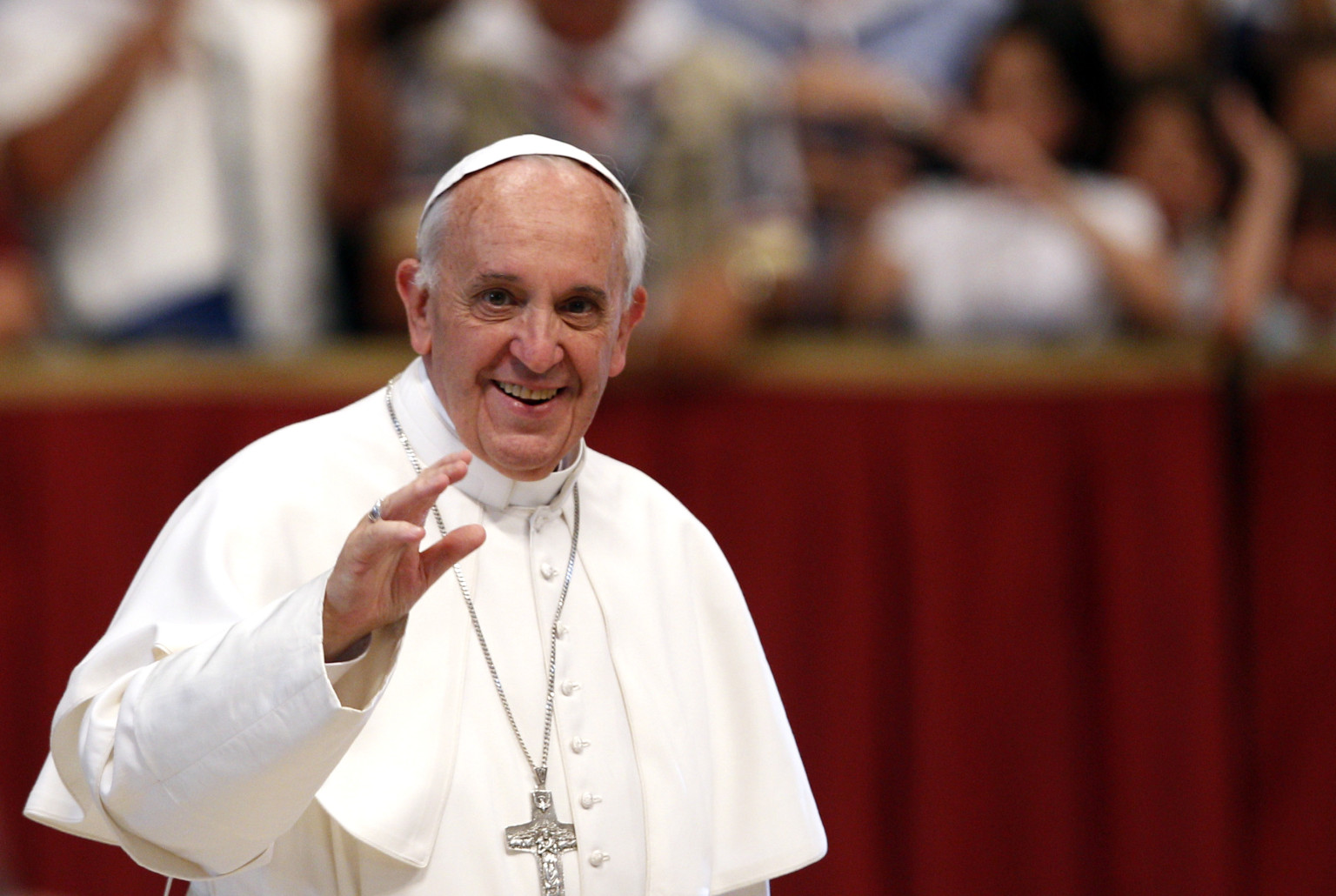 The New Yorker recently published a very nice article on Pope Francis. At one point in the article, the Pope explains why he is trying to deemphasize all the controversies that have taken up so much of the Church’s attention in recent years, controversies about birth control, abortion and the like. His explanation shows a respectable understanding of medical care:
The New Yorker recently published a very nice article on Pope Francis. At one point in the article, the Pope explains why he is trying to deemphasize all the controversies that have taken up so much of the Church’s attention in recent years, controversies about birth control, abortion and the like. His explanation shows a respectable understanding of medical care:
The thing the Church needs most today is the ability to heal wounds and to warm the hearts of the faithful. It is useless to ask a seriously injured person if he has high cholesterol and about the level of his blood sugars! You have to heal his wounds. Then we can talk about everything else. Heal the wounds.
There are many physicians I have worked with who don’t have such a keen sense of how to set priorities in healthcare. So if things don’t work out for him as Pope, maybe he has a second career waiting for him!
(Click here to view comments)

 Read the following quote, and try to guess which U.S. president made this statement:
Read the following quote, and try to guess which U.S. president made this statement: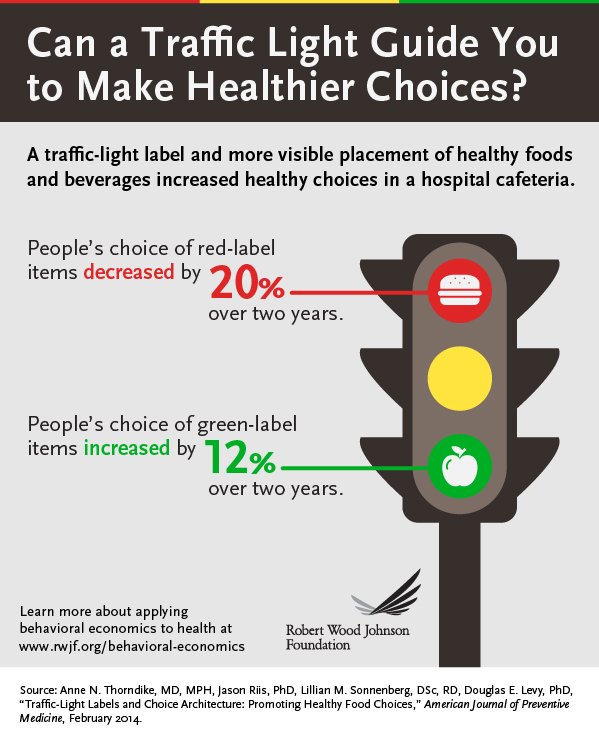
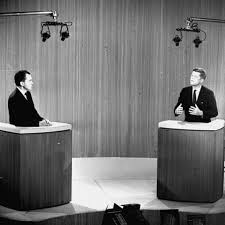 In an
In an 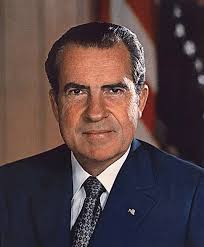 In a
In a 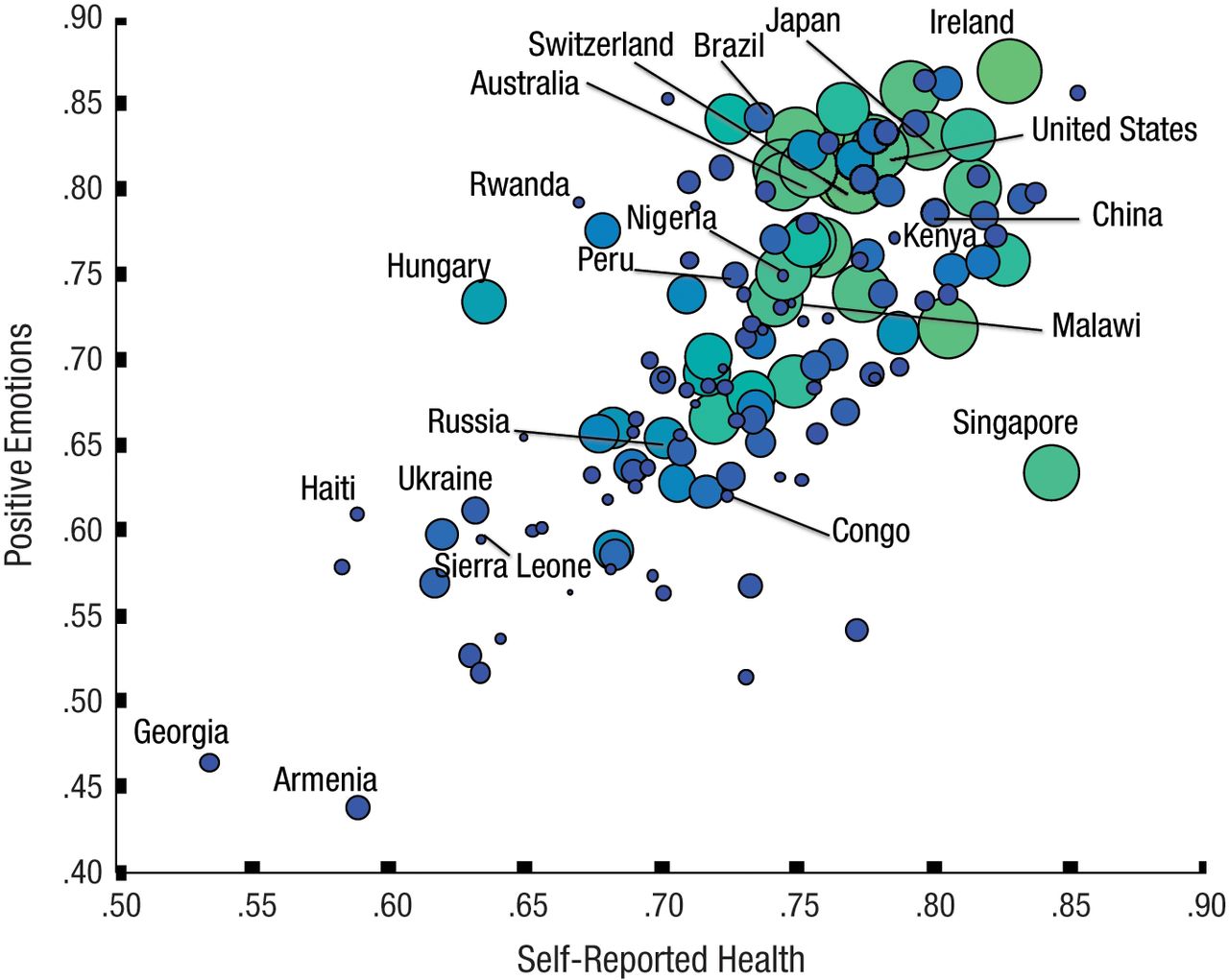
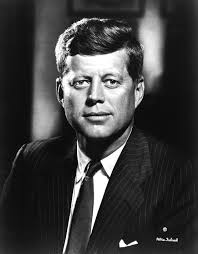 I
I